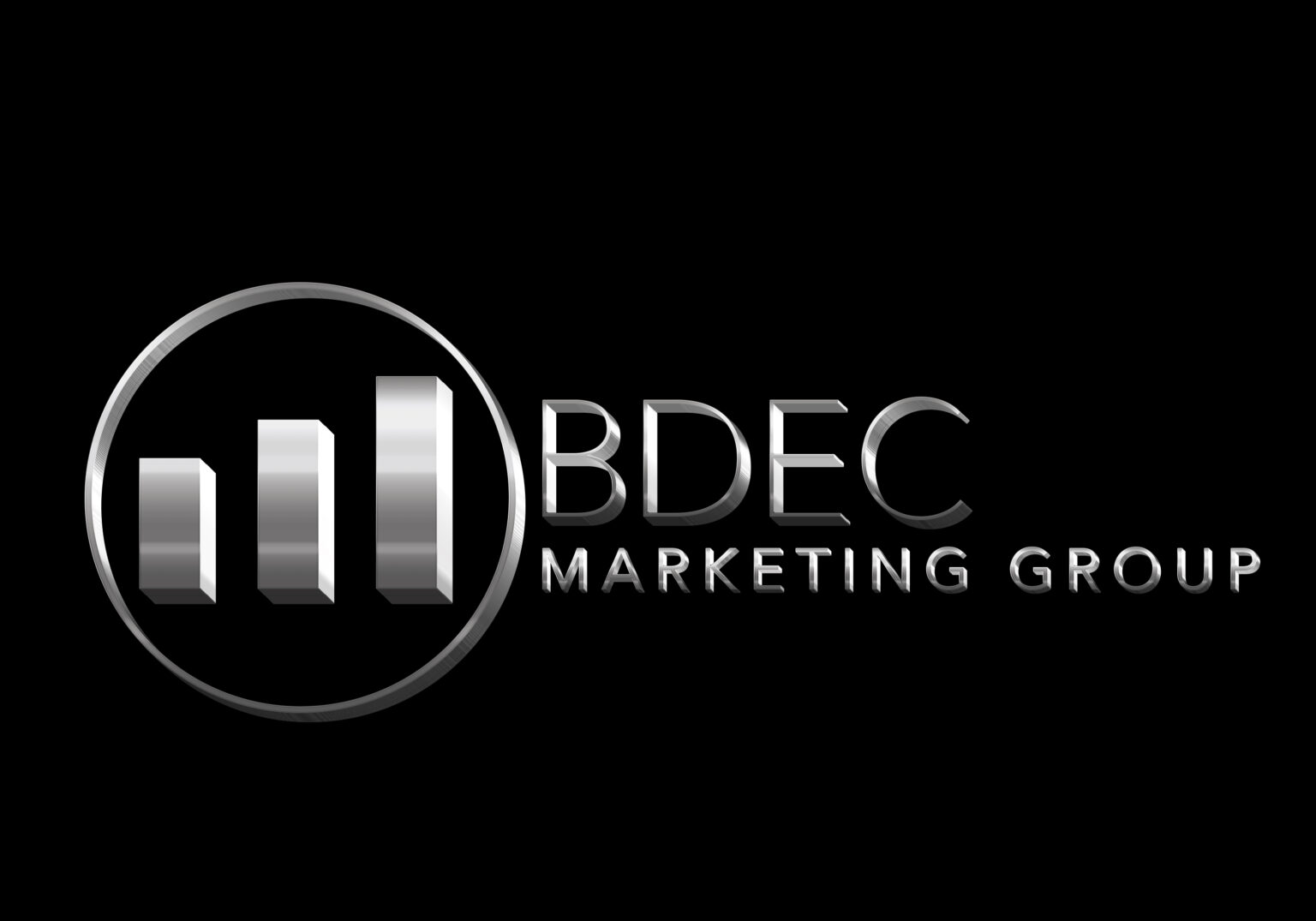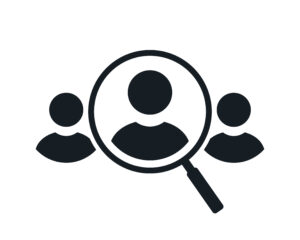Earlier this year, two attorneys found themselves in hot water when they attributed the inclusion of false legal research in a legal submission to the AI program ChatGPT. This raises the question: Is ChatGPT at fault and does this program have a place in the legal world?
This blog provides an overview of ChatGPT, followed by an account of my personal interaction with the program to inquire whether it takes responsibility for the attorneys’ current predicament. We’ll also discuss ways to keep attorneys out of trouble when it comes to using this program.
What is ChatGPT?
ChatGPT is an artificial intelligence language model developed by OpenAI. It is based on the GPT-3.5 architecture and is designed to generate human-like text responses to user prompts. GPT stands for “Generative Pre-trained Transformer,” which refers to the model’s ability to generate coherent and contextually relevant text based on its pre-training on vast amounts of data.
This program has gained attention for its ability to generate detailed and coherent responses, making it useful for applications like customer service chatbots, virtual assistants, content generation, and interactive conversation systems. It can be used for various tasks such as answering questions, providing explanations, generating conversational responses, offering suggestions, and more. The model learns patterns, grammar, and context from the training data, enabling it to generate coherent and contextually appropriate text outputs.
I created an account with ChatGPT and plugged in a related article pertaining to the attorneys mentioned above. I asked the AI program if it was at fault, and the response was almost what you would expect but also very important for users to know.
From ChatGPT: Assigning blame to ChatGPT itself is not accurate or appropriate. ChatGPT is an artificial intelligence language model created by OpenAI. It is a tool designed to assist users in generating text-based responses based on the provided prompts. The responsibility for the accuracy and reliability of the information generated using ChatGPT lies with the users who interact with the system.
In the case mentioned in the article, the lawyers are responsible for the inclusion of fictitious legal research in their court filing, not ChatGPT itself. The lawyers mistakenly trusted the information provided by ChatGPT without conducting thorough independent verification. They admitted to their own failures in properly researching and fact-checking the information suggested by the AI system.
While ChatGPT has the potential to generate coherent and contextually relevant responses, it is ultimately the user’s responsibility to critically evaluate and validate the information generated by the model. It is essential to understand the capabilities and limitations of AI systems and exercise appropriate judgment when using them.
OpenAI continuously works on improving the performance and safety of its AI models, but it is important for users to exercise due diligence and critical thinking when utilizing AI tools like ChatGPT to ensure the accuracy and reliability of the information they produce.
Interested in using ChatGPT? Proceed with Caution
What should lawyers do to prevent this same situation from happening to them?
To prevent a similar incident from happening again, attorneys can take several measures:
1. Verify information independently:
Rather than relying solely on the suggestions provided by ChatGPT, Attorneys should conduct thorough and independent research to verify the authenticity and accuracy of legal precedents and cases. They should use trusted legal databases and sources to ensure the validity of the information.
2. Understand the limitations of AI:
It is essential for attorneys to have a comprehensive understanding of the capabilities and limitations of AI, including generative AI like ChatGPT. Attorneys should familiarize themselves with how AI models generate responses and be cautious about the potential for the AI to generate fictional or inaccurate information.
3. Cross-check with trusted sources:
Lawyers should cross-check the information generated by AI with trusted legal sources, such as established legal databases, court records, or recognized legal experts. This will help ensure that the information aligns with existing legal precedents and is not fabricated.
4. Conduct thorough review and fact-checking:
Before submitting any court filings, attorneys should conduct a meticulous review of all references, citations, and legal arguments. This should involve fact-checking and scrutinizing the accuracy and authenticity of every piece of information included in the filing.
5. Implement internal safeguards
Lawyers/law firms should implement internal safeguards to minimize the risk of similar incidents. This could include establishing clear protocols for using AI tools, providing training and education to attorneys and staff on the proper use of AI, and implementing review processes to double-check and verify the accuracy of legal research conducted using AI.
6. Seek peer review or consultation:
In complex cases or situations where the AI-generated research is critical, attorneys can consider seeking peer review or consulting with other legal experts to validate the findings and ensure that the information is reliable and relevant.
So back to the initial question, does ChatGPT have a place in the legal world?
ChatGPT can be an incredibly useful program for attorneys. It can help from writing professional emails to marketing, to even some help with formal documents. However; the use of ChatGPT or any artifical intellence program, it should always be supervised and the user should always be responsible when using these programs.
By combining these preventive measures, attorneys can significantly reduce the likelihood of similar incidents occurring in the future and maintain the integrity of their legal practice.
BDEC Marketing Group is uniquely positioned to assist attorneys in leveraging the power of artificial intelligence (AI) to enhance their business development and marketing strategies. With our expertise in both business development consulting and marketing, we understand the specific needs and challenges that attorneys face in today’s competitive legal landscape. By incorporating AI technologies into their practices, attorneys can gain a competitive edge, streamline their operations, and deliver enhanced services to their clients.
Book a free consultation with us here!




